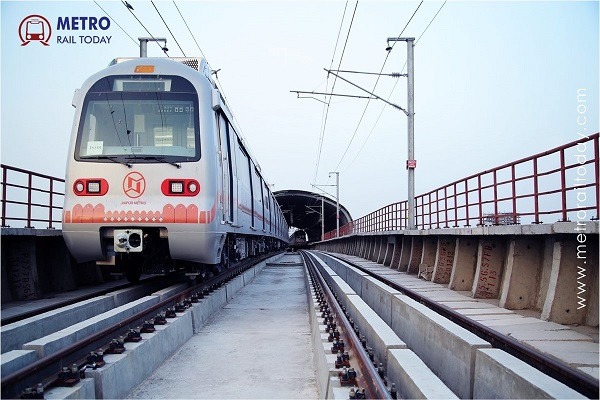 First global civil tender worth ₹1,145 crore launched for Jaipur Metro Phase 2 Project
First global civil tender worth ₹1,145 crore launched for Jaipur Metro Phase 2 Project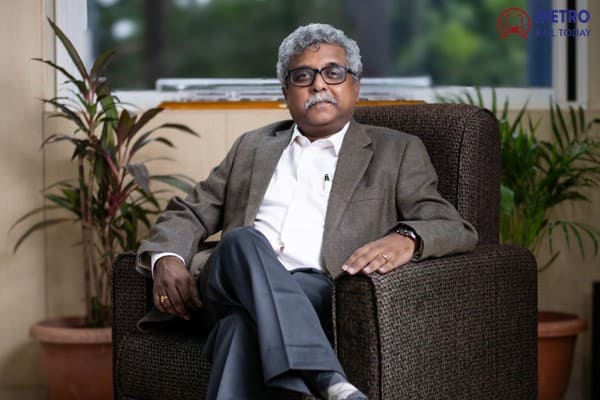 Vande Bharat to Vision 2047 — How ICF is Leading India’s Next Rail Revolution?
Vande Bharat to Vision 2047 — How ICF is Leading India’s Next Rail Revolution?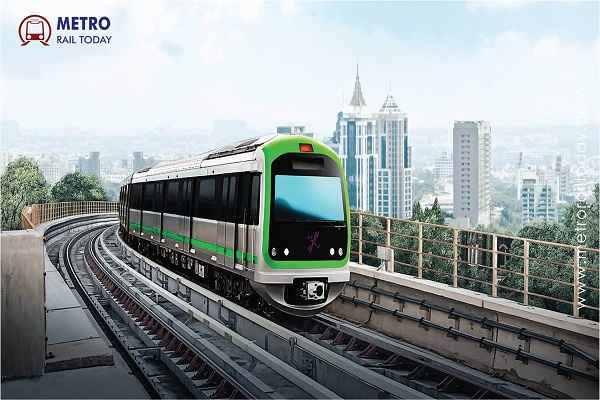 India's first Bengaluru–Hosur Interstate Metro Corridor declared Technically Infeasible
India's first Bengaluru–Hosur Interstate Metro Corridor declared Technically Infeasible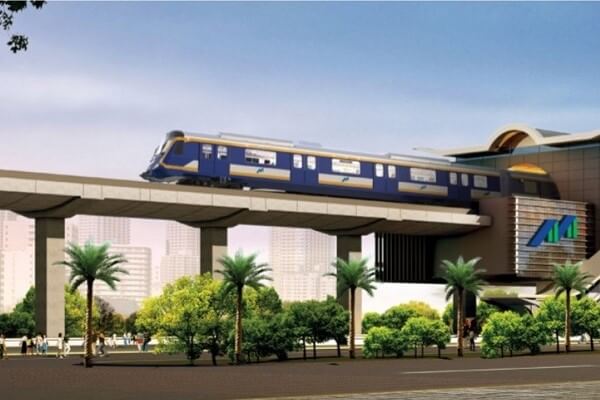 MMRDA awards ₹129.63 crore contract for Multimodal Integration on Mumbai Metro Lines 4 & 4A
MMRDA awards ₹129.63 crore contract for Multimodal Integration on Mumbai Metro Lines 4 & 4A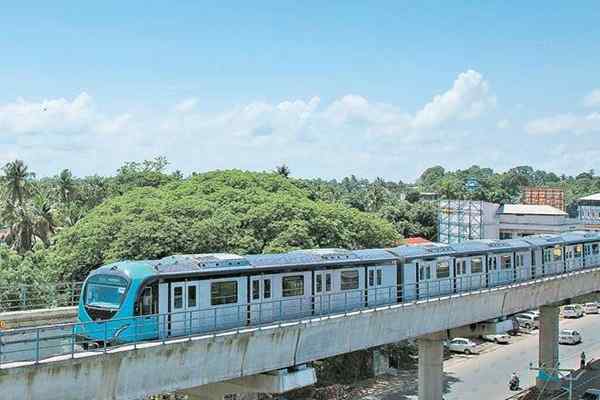 First U-Girder installed on JLN Stadium–Infopark Corridor of Kochi Metro Phase 2
First U-Girder installed on JLN Stadium–Infopark Corridor of Kochi Metro Phase 2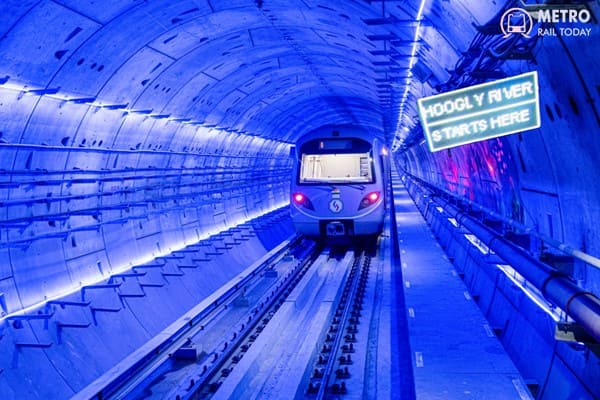 Kolkata Metro Marks 41 Years of Service to the City of Joy
Kolkata Metro Marks 41 Years of Service to the City of Joy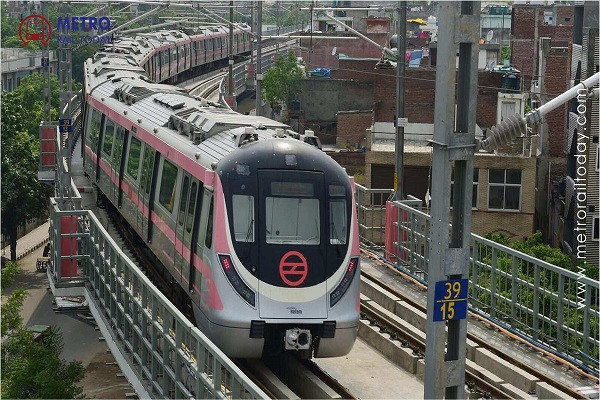 DMRC to introduce Driverless Trains on Delhi Metro Phase 4 Corridors
DMRC to introduce Driverless Trains on Delhi Metro Phase 4 Corridors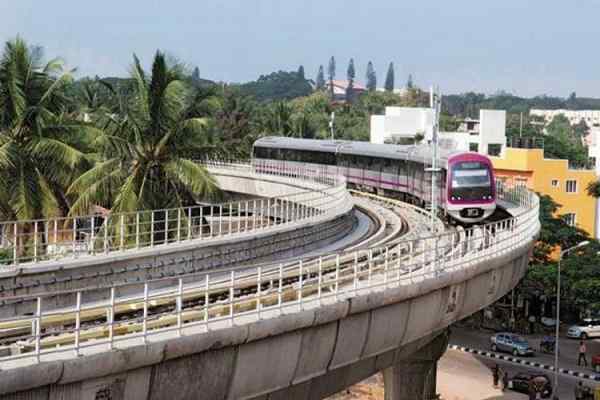 Karnataka proposes Centre of Excellence for Railways and Mobility Innovation
Karnataka proposes Centre of Excellence for Railways and Mobility Innovation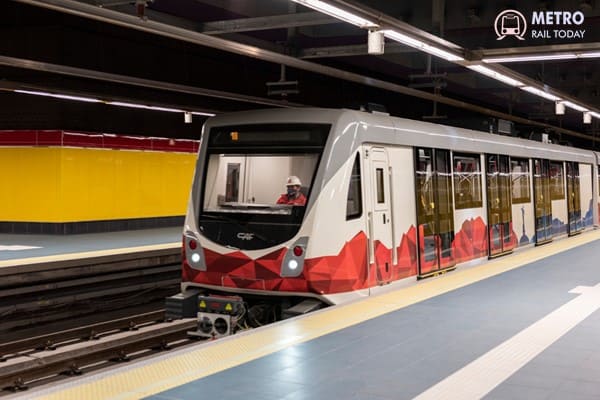 Egypt and Japan approve Greater Cairo Metro Line 4 Project
Egypt and Japan approve Greater Cairo Metro Line 4 Project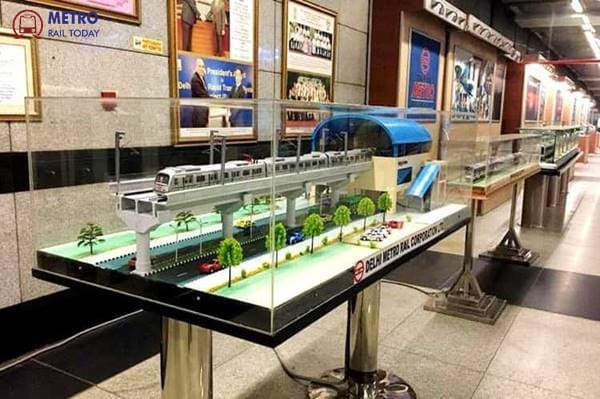 Metro Rail Today continues its legacy as Official Media Partner for 18th Urban Mobility India 2025
Metro Rail Today continues its legacy as Official Media Partner for 18th Urban Mobility India 2025
Abnormal delay in project surge Bangalore Metro Phase 2 cost nearly ₹40,000 crore

Bengaluru, India (Metro Rail Today): Bangalore Metro Phase 2 project, originally proposed at a cost of ₹26,405 crore, has seen its budget swell to approximately ₹40,000 crore—an increase of 52% over the initial estimate. The expanded network, now stretching 75.06 km, has been under scrutiny as the Bangalore Metro Rail Corporation Ltd (BMRCL) submits a revised proposal to the State Finance Department through the Urban Development Department (UDD) for approval.
Background and Cost Escalation
Initially approved in 2014 for 72 km, the project aimed for completion by 2019. However, a series of delays, including land acquisition issues and the impact of the COVID-19 pandemic, have postponed the timeline significantly. By 2021, the project cost was revised to ₹30,695 crore, not accounting for the Outer Ring Road Line (Phase-2A) and the Airport Line (Phase-2B).
Additional Chief Secretary of UDD, S.R. Umashankar, confirmed that the increased costs can be attributed to several factors:
- Revised Land Acquisition Costs: The project required acquiring more land than initially planned, leading to higher compensation payouts.
- Inflation and Currency Fluctuations: Economic factors, including inflation and international currency variations, have also contributed to rising costs.
- Pandemic-Related Delays: The COVID-19 pandemic further exacerbated the timeline, pushing back the project completion.
Project Adjustments and Land Acquisition
A significant cause for the cost increase is the original delay in the project timeline. With the intended completion in 2019, the extension into 2024 and beyond has resulted in added financial burdens. As noted by a senior official, “If the original deadline had been met, this substantial escalation might have been avoided.”
The BMRCL has made notable changes to the project scope, including:
- Extended Routes: The Reach-2 extension, initially ending at Kengeri, has been pushed to Challaghatta, and an additional depot has been established at Kadugodi (Whitefield).
- Land Acquisition Expansion: The total land acquired has grown to 128.36 hectares from the originally planned 84.33 hectares, resulting in a compensation increase of nearly ₹6,300 crore, which includes an additional ₹438 crore due to the expanded land needs.
BMRCL is also undertaking road-widening projects near various stations, including critical stretches from Baiyappanahalli to Kadugodi and Yelachenahalli to Silk Institute. Furthermore, additional land was acquired for the Reach-5 line connecting R V Road to Bommasandra.
Once the revised proposal receives approval from the Finance Department, it will be forwarded to the Centre's Urban Development Department for further consideration. The project continues to be a crucial component of Bengaluru’s infrastructure development, promising to alleviate traffic congestion and improve public transport accessibility across the city.
As the BMRCL navigates these challenges, the rising costs and extended timelines serve as a reminder of the complexities involved in large-scale urban transit projects.




